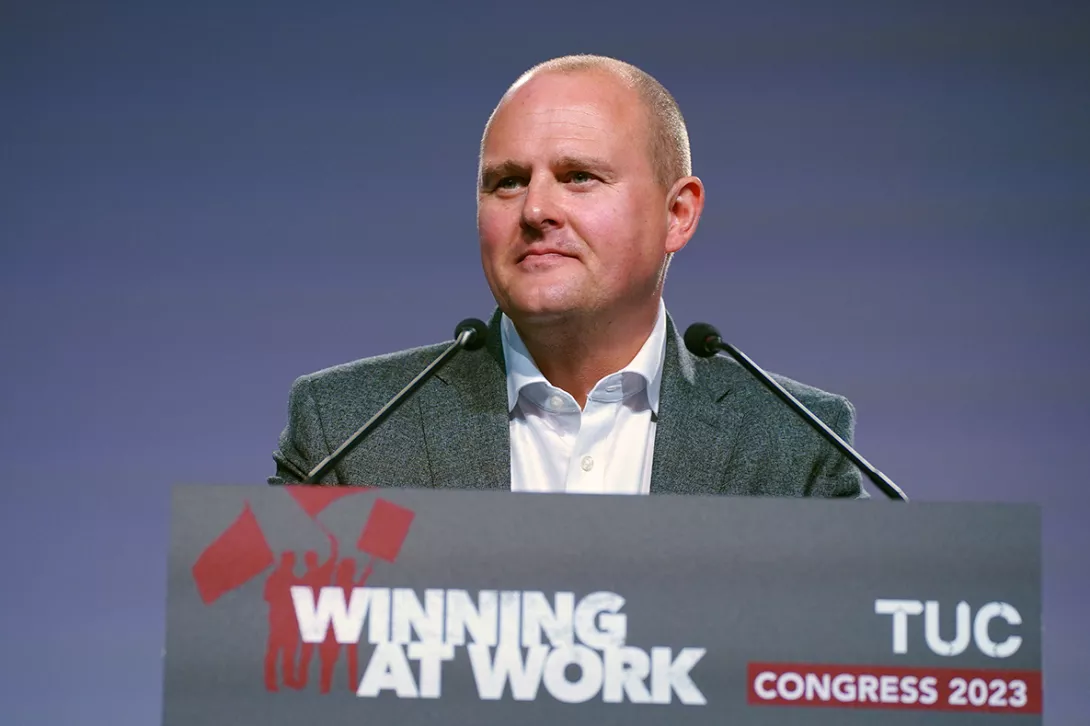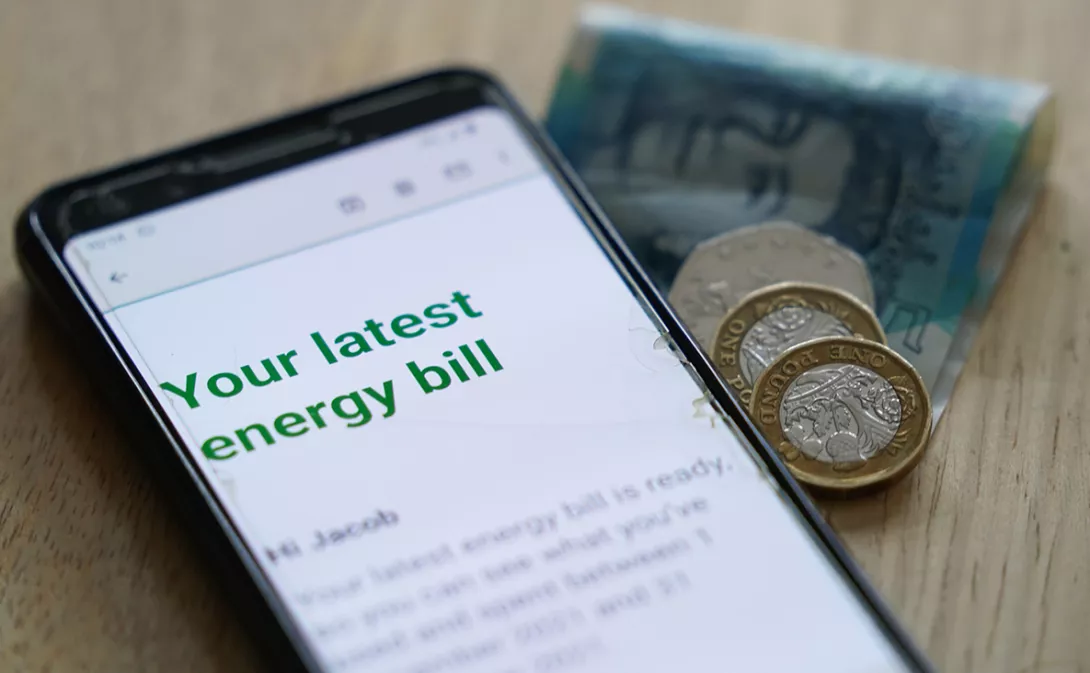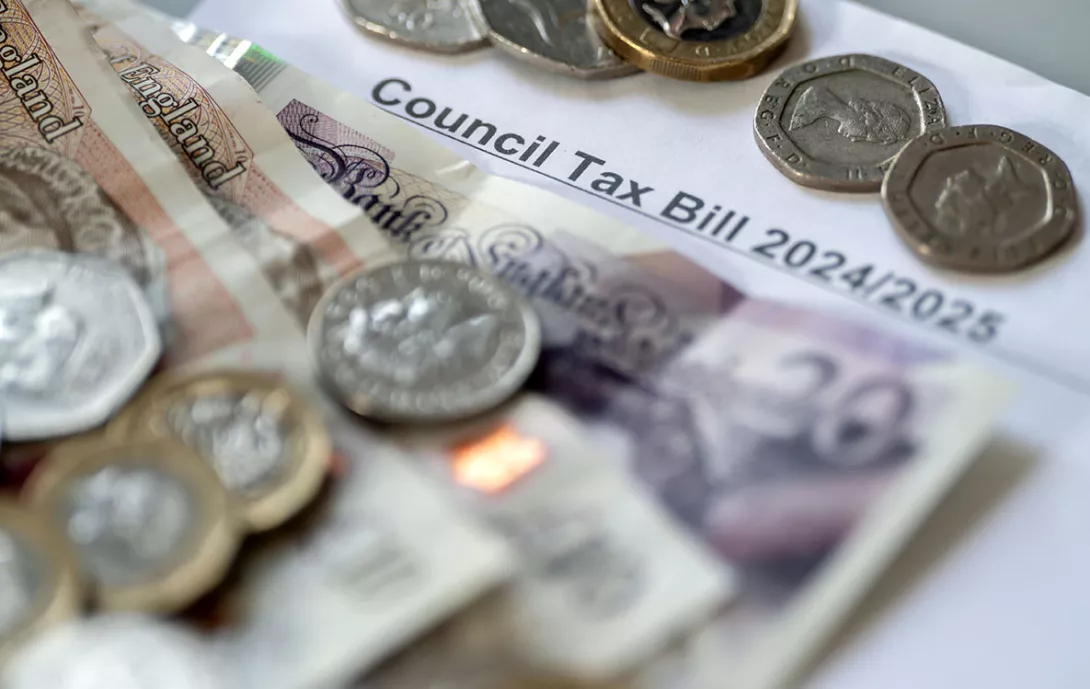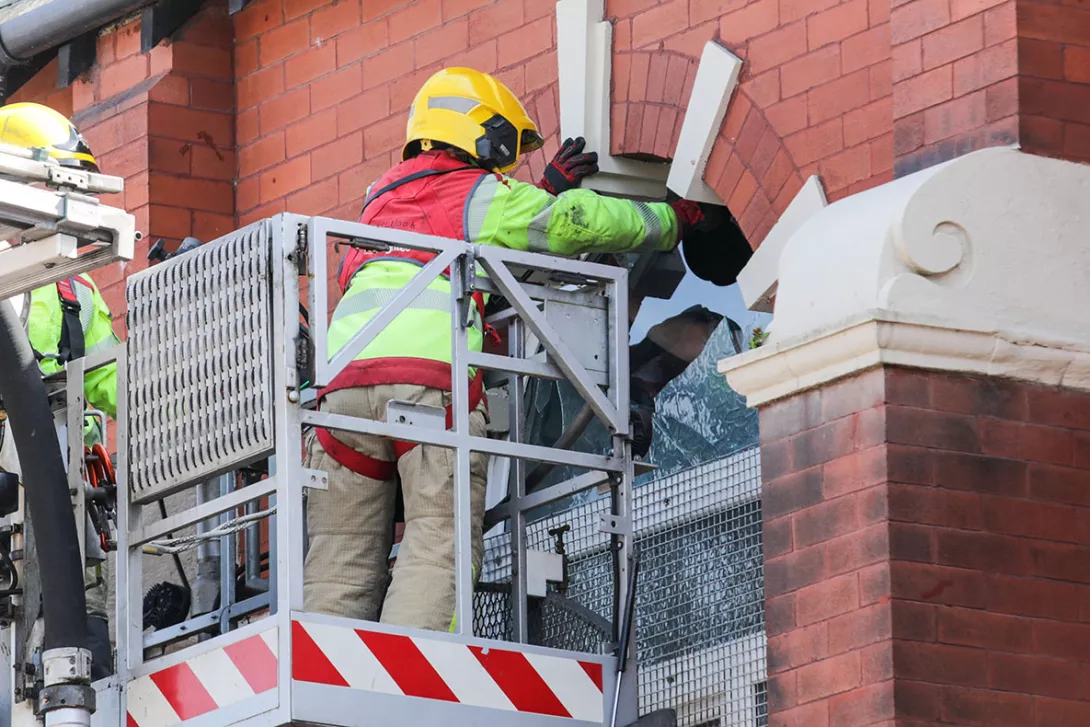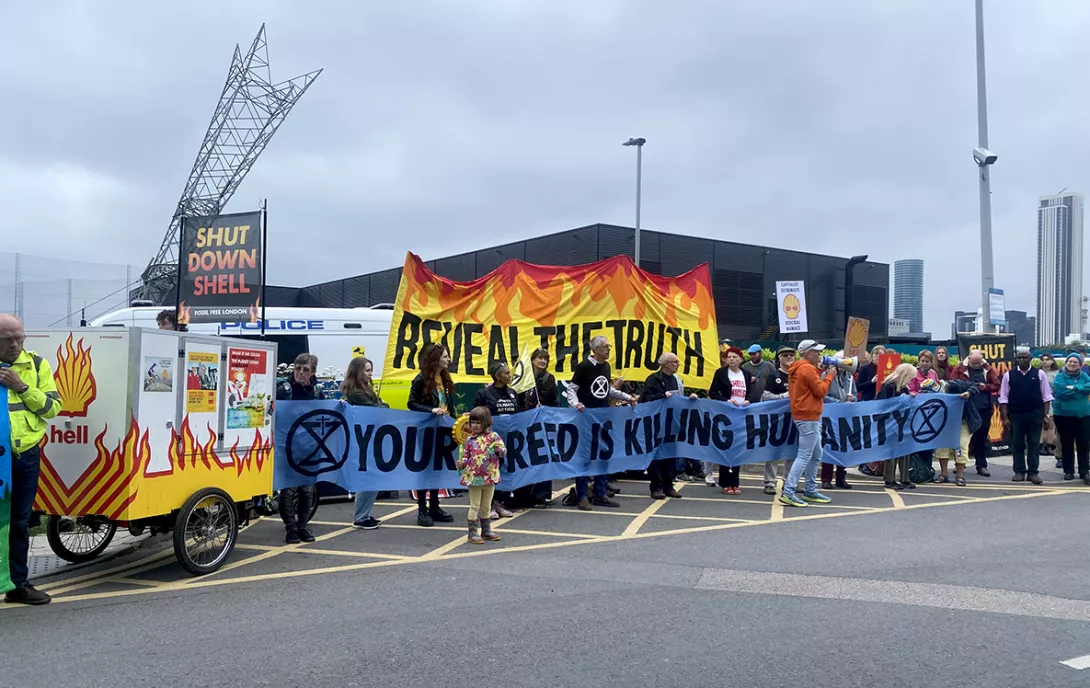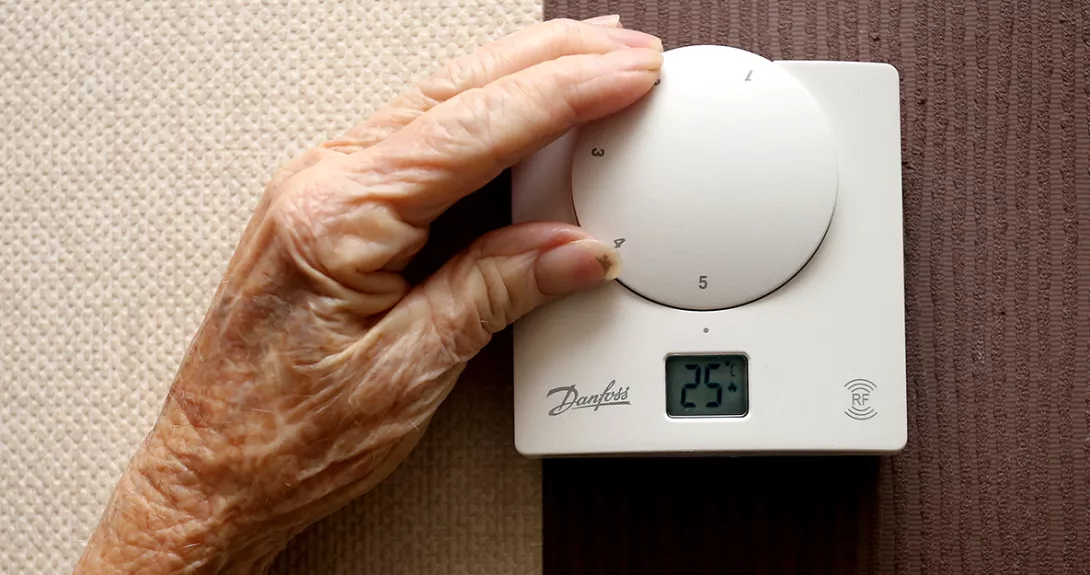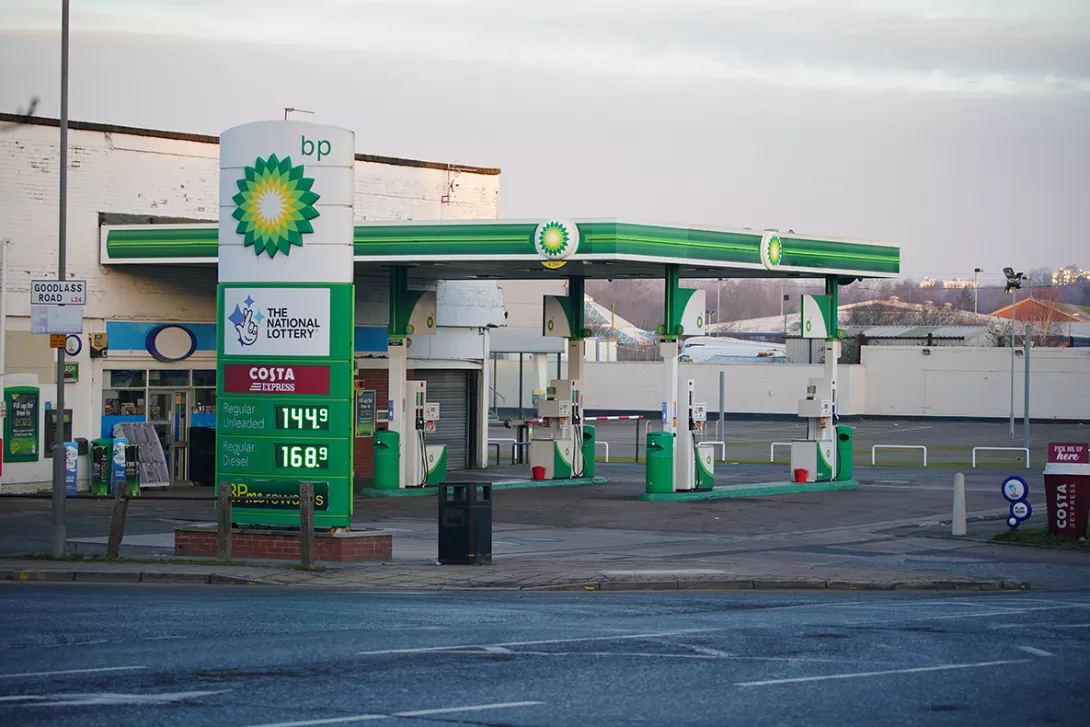Government faces calls to properly tax fossil fuel giants after BP rakes in £1.7bn profit
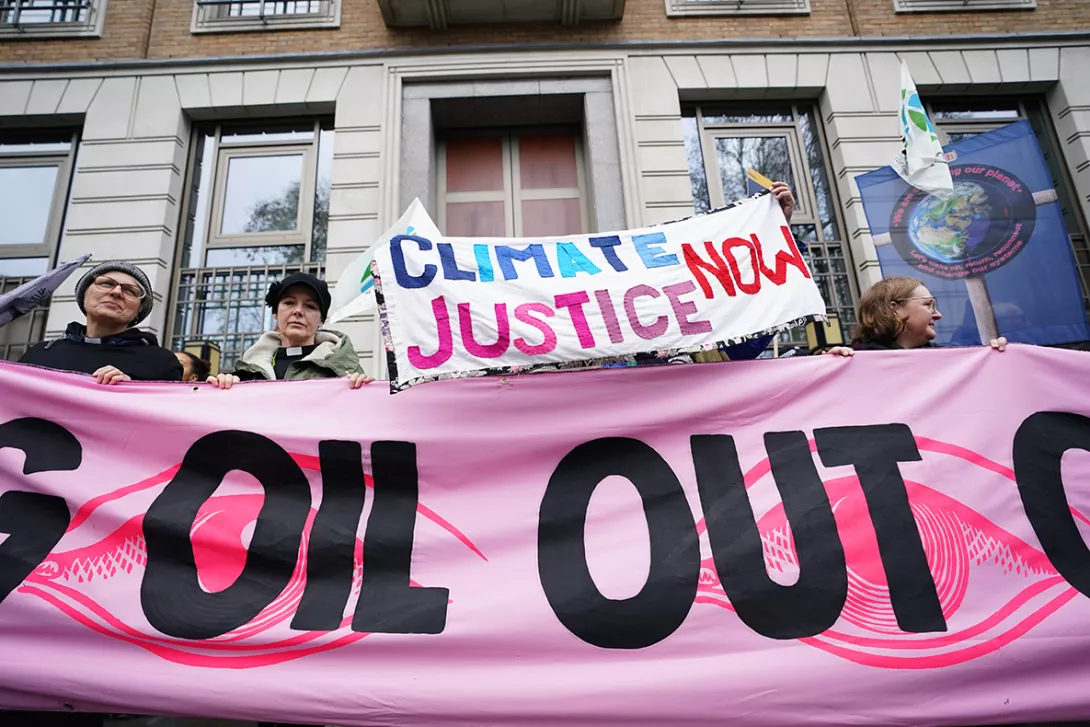
OIL giant BP revealed obscene profits today while skyrocketing bills are forcing households to risk their own health by cutting energy use.
The British transnational announced underlying profits of £1.7 billion from July to September.
Izzie McIntosh, climate campaigner at Global Justice Now, said: “The fossil fuel industry’s profiteering is only made possible through the destruction of the climate, felt most starkly by countries in the global South.
More from this author
Similar stories


